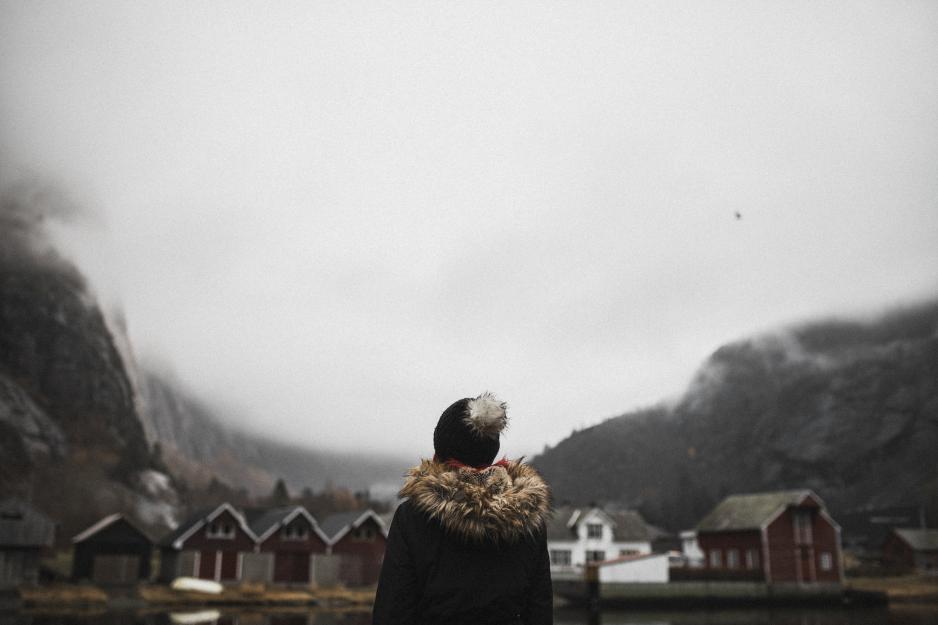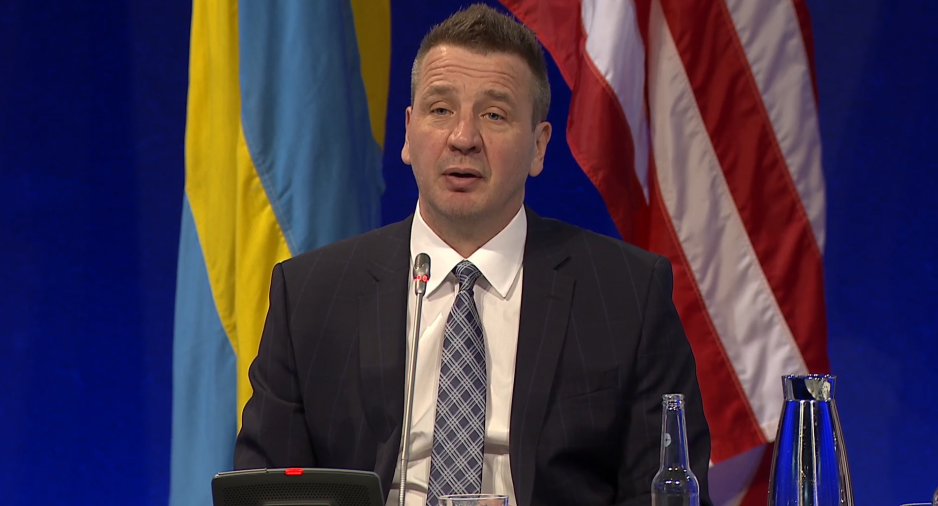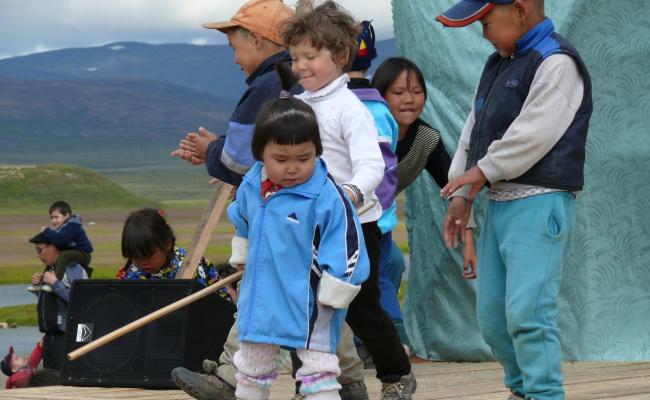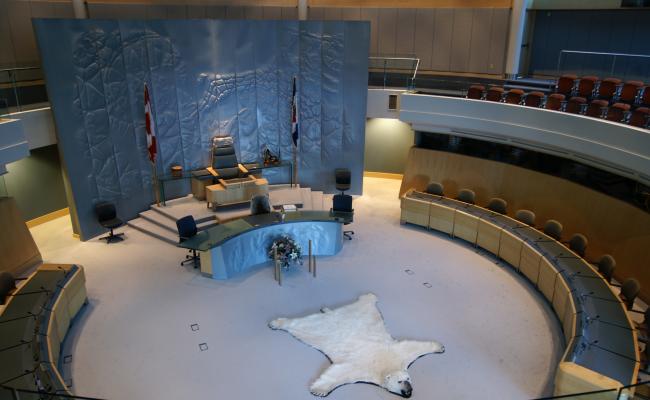“Gender equality is a fundamental component of sustainable development”

The findings at the end of the projects described in "Gender Equality in the Arctic" (GEA), includes that reports, including those of the Arctic Council, often fail to incorporate oral traditions and include multiple worldviews. (Illustration photo: Adobe Stock)
A new report unveils the need for strategies to ensure gender equality in the Arctic. “Consistent and comparable data is required for understanding realities and inequalities across regions, countries, sectors, genders and peoples», says Iceland Foreign Minister Gudlaugur Thor Thordarson.
A Pan-Arctic Report about Gender Equality in the Arctic has been published in tandem with the Arctic Council Ministerial Meeting held in Reykjavík in May. The report is a part of an international project under the Arctic Council Sustainable Development Group on Gender Equality in the Arctic (GEA).
Key findings include the need for mainstreaming and gender-based analysis as necessary strategies for promoting and ensuring gender equality. This includes social and economic development and the need for better gender, sex and ethnically disaggregated data.
During the launch, Iceland Foreign Minister, Gudlaugur Thor Thordarson stated that consistent and comparable data is the very foundation for understanding realities and inequalities across regions, countries, sectors, genders, and peoples.
Relevant for multiple audiences
The report provides an overview of gender-related issues in the Arctic, including Law & Governance; Security; Gender and Environment; Migration and Mobility; Indigeneity, Gender, Violence, and Reconciliation; and Empowerment and Fate Control.
The Arctic is going through rapid ecological, social and economic changes.
It concludes that this research is crucial for meaningful research and providing policymakers and decisionmakers with the knowledge and capacity to develop well-informed policies. This report is relevant for multiple audiences, including Arctic states, the Arctic Council and its working groups, policy makers, private industry, the research community, and the public.
The authors aim to identify gaps in knowledge when it comes to gender in the region and provides three recommendations specifically for the Arctic Council in addition to almost 70 policy relevant highlights.
A priority
Gender equality has been one of Iceland´s priorities during its Arctic Council Chairmanship 2019-2021, under the theme “People and Communities”.
“The Arctic is going through rapid ecological, social and economic changes. However, it is by no means a uniform region and these changes affect the people of the Arctic in different ways depending on a variety of factors, including gender. The effects of climate change may affect an Indigenous woman in Fort Yukon, Alaska in a very different way than a non-Indigenous woman in Rovaniemi, Finland, or an Icelandic man in Akureyr”, said Gudlaugur Thor Thordarson on the publishing of the report.
The findings at the end of the projects includes that reports, including those of the Arctic Council, often fail to incorporate oral traditions and include multiple worldviews. Therefore the GEA project will strive for even more inclusiveness and transparency moving ahead.
Lessons learned
The researchers offer the following list of "Lessons learned" for the continuation of work on gender based issues:
- Indigenous representatives and youth representatives must be a part of the process from conception to final product. It is vital to allow the time needed for meaningful dialogue to reach consensus regarding themes, priorities, and approaches.
- Build into proposals resource and funding requirements that reflect compensation for meaningful engagement and contributions.
- Make sure adequate time is available for the compilation of extensive work. Both the consultative and engagement processes suffered from rushed timelines, potentially affecting the final outcome.
One of the recommendations are:
"Consistent and comparable data is the very foundation for understanding realities and inequalities across regions, countries, sectors, genders, and peoples. It is crucial for meaningful research and providing policymakers and decisionmakers with the knowledge and capacity to develop well-informed policies".
The report is a part of the Gender Equality in the Arctic project lead by the Icelandic Arctic Cooperation Network (IACN, based in Iceland), and an SDWG project. . The report was developed by 10 lead authors and approximately 80 contributing authors, from over 15 states, including all Arctic States. The GEA project is an international collaborative project dating back to 2013.
Lead and co-leads include Iceland, Sweden, Finland, Canada, the United States, the Saami Council and the Aleut International Association but as it is a highly collaborative project it includes many other additional partners.




